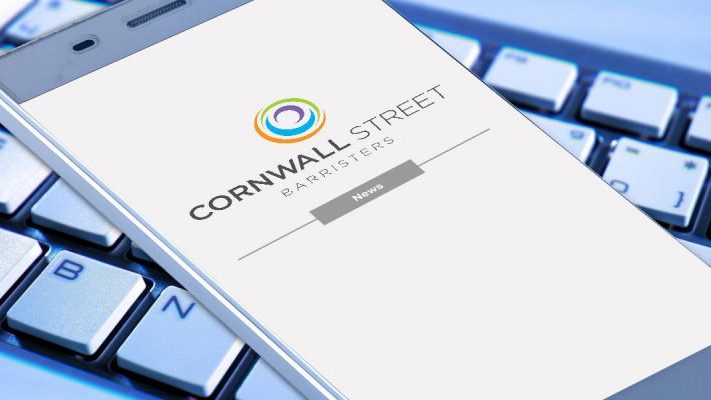There is uncertainty for everyone in these difficult times but one of the biggest worries for private tenants is the issue of their homes, and for landlords is the issue of having to pay a mortgage when there may not be any rent coming in. This series of briefing notes by Rebecca Keeves addresses the temporary measures that have been put in place by the Government during this unprecedented time and the consequences for both landlords and tenants.
Landlord’s Obligations
There are, of course, a number of obligations upon the landlord in respect of the maintenance of the property, but how does this interact with the new rules regarding social distancing?
It is essential that tenants in rented accommodation have a safe place to live and the Government is asking landlords and tenants to take a pragmatic approach to resolving any matters that arise.
The landlord should not seek to carry out simple routine inspections. Consider the use of technology to satisfy yourself as to the state of the property. Potentially Skype or Zoom could be used to be shown around the property by the tenant.
The landlord should not ask the tenant to allow access for matters such as viewings, although it is likely that the tenant is still contractually obliged to do so.
It is advisable that no moving of properties takes place during this troubling time. Parties should be open to negotiating new periods of residence, even if formal notice has already been given. This applies to both tenants and landlords.
Tenant’s Obligations
It is crucial that tenants remember that it remains their obligation to pay the rent. There is help available within the various Government schemes to assist if the tenant is in financial hardship. The landlord is encouraged to be flexible and understanding during this time, but it does not shift the obligation away from the tenant.
In the spirit of the Guidance and asking landlords and tenants to work together, tenants should notify their landlord as soon as possible of any issues at the property so that the landlords can take appropriate action, and if necessary take legal advice, on how to proceed.
If the landlord or their agents need to attend the property tenants should take precautions to protect themselves, such as staying in another room and not offering tea, coffee etc. Tenants should then follow the Government guidance on cleanliness and all surfaces cleaned thoroughly once the individuals have left.
If as a tenant you have a move planned, you should avoid it if at all possible. Speak to your landlord and any parties involved in the new property about delaying any scheduled move. This is not mandatory but is highly advisable.
The Boiler, Gas and Electrical Safety Obligations
It is important to note that the landlord’s obligations have not changed and tenants are advised by the Government to allow access when it is reasonable and safe for to do so for inspection and remedy of urgent health and safety issues.
If it is the beginning of a tenancy and the inspections have already been carried out, the landlord can provide the paperwork by post or even a scanned copy via email, if the tenant has such facilities.
Landlords must make every effort to comply with the requirements in law surrounding the safety obligations, including the regulations (the Electrical Safety Standards in the Private Rented Sector Regulations 2020) which come into force on 01 July 2020 and apply to all new tenancies on 01 July 2020 and for existing tenancies on 01 April 2021.
The new regulations require the landlord to: have the electrical installations in the property inspected and tested by a person who is qualified and competent, at least every five years; provide a copy of the report (known as the Electrical Safety Condition Report or EICR) to their tenants, and to the local authority if requested; if the EICR requires investigative or remedial works, landlords must carry this out.
Under the existing Gas Safety (Installation and Use) Regulations 1998 the landlord is required to have annual gas safety checks on the gas appliances and flue by an engineer registered with the Gas Safe Register and to keep a record. This obligation is continuing.
Both sets of regulations confirm that the landlord is not in breach if it can be shown that all reasonable steps have been taken to comply with the relevant duties.
If a landlord finds it impossible to access the property or obtain a contractor, it would be wise to keep a diary of the efforts made and make enquiries by email or text so that a written account of the efforts made can be retained for use in the event of any issues or enforcement arising later.
Local Authority Enforcement
The Local Authority are being urged to take a pragmatic approach. This will provide the tenants with reassurance that the local authority will provide support where a property is deemed unsafe due to serious hazards. However, if the COVID-19 restrictions are the reason routine obligations have not been met, the Local Authority should not unfairly penalise the landlord.
Coming Up
This is the final note in this series concerning the current provisions surrounding the Coronavirus and Housing Law. As matters change, further notes will be provided.

